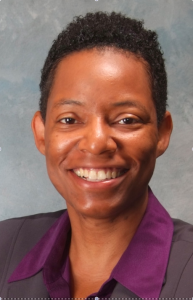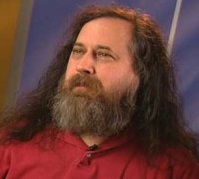![]() Q&A: Tiffani Williams, computer scientist, on creating an open source tree of life
Q&A: Tiffani Williams, computer scientist, on creating an open source tree of life
By Christina Hernandez Sherwood | July 29, 2013

The Open Tree of Life project culls years’ worth of segmented scientific research in an effort to create a current, open source version of our knowledge on thousands of plant and animal species. Tiffani Williams, a computer scientist at Texas A&M University who is working on the project, said the Open Tree of Life will eventually be a Wikipedia-like living document for scientists and the community to edit and use for research.
I spoke recently with Williams about the segmented nature of the tree of life, the challenges of the project and how an open tree of life could impact science in schools. Below are excerpts from our interview.
What is the tree of life and why should people care about it?
One way I explain the tree of life is to think about it from the human perspective. A lot of us are interested in understanding our family tree. We want to know about our grandparents and great-great grandparents and down the line. Part of that is this whole notion of where we fit in the world. Who are we? That’s certainly one aspect of a family tree. But there’s another aspect too. For example, when you go to the doctor, they’ll ask you about your family history. High blood pressure and heart disease [in your family] can be signs that you might be impacted, as well. We as human beings have this notion of appreciating our family history. All the tree of life does is take that to another level. Instead of thinking of a family in terms of your human ancestors, the tree of life is the world’s ancestry, which includes all of the world’s organisms. It’s still thought of as a family tree, but the context is a lot more broad.







